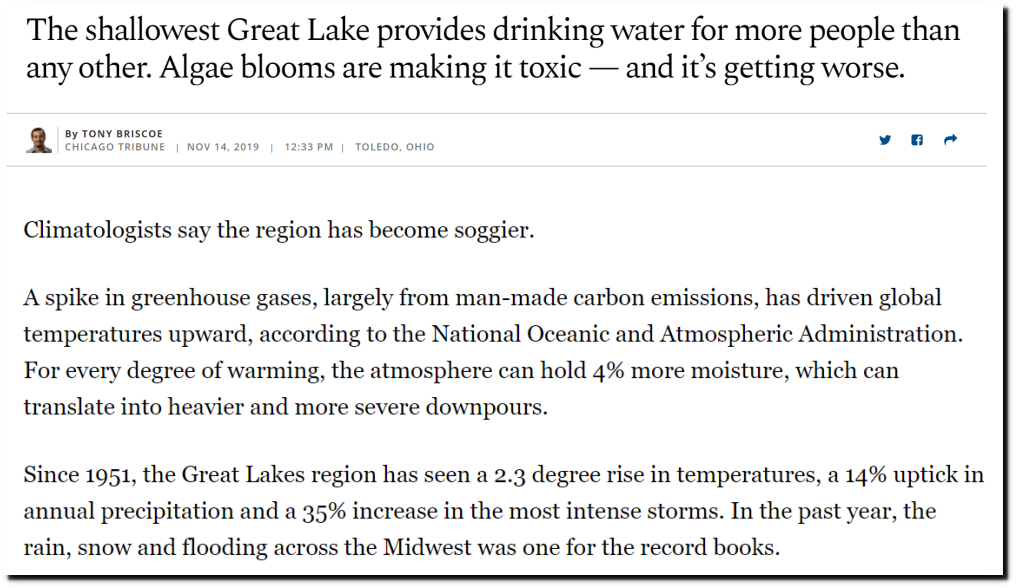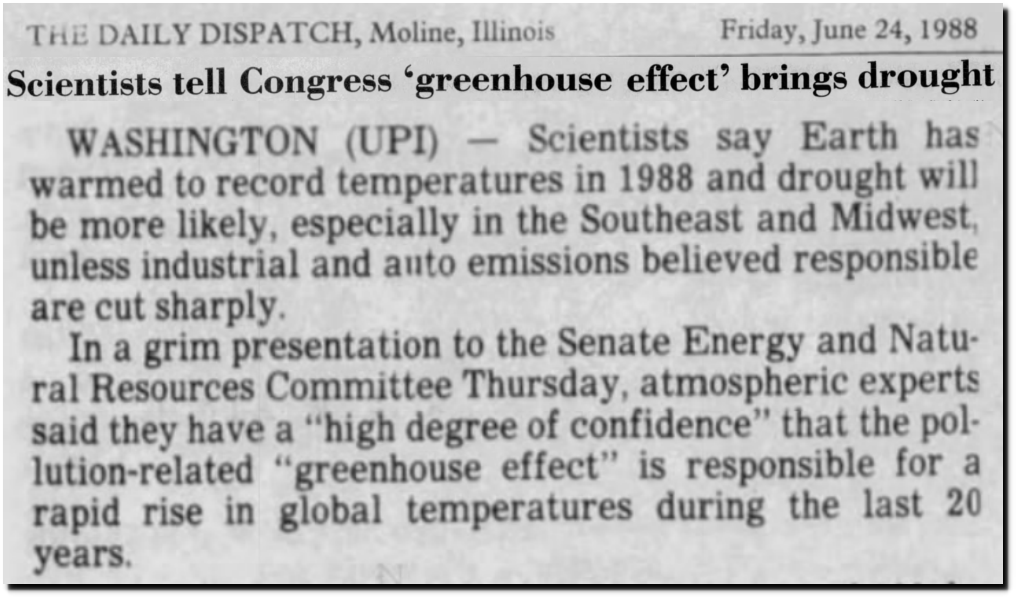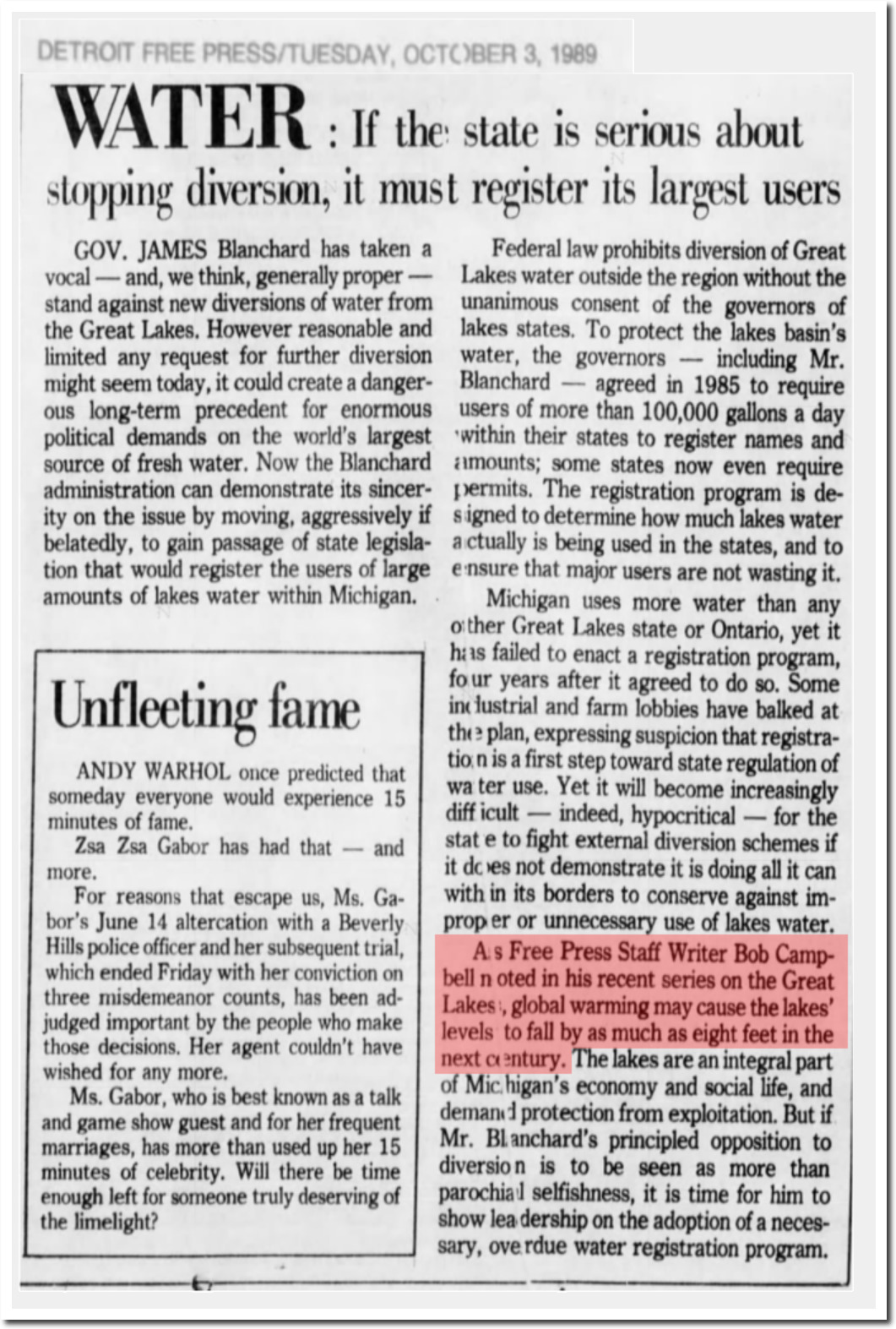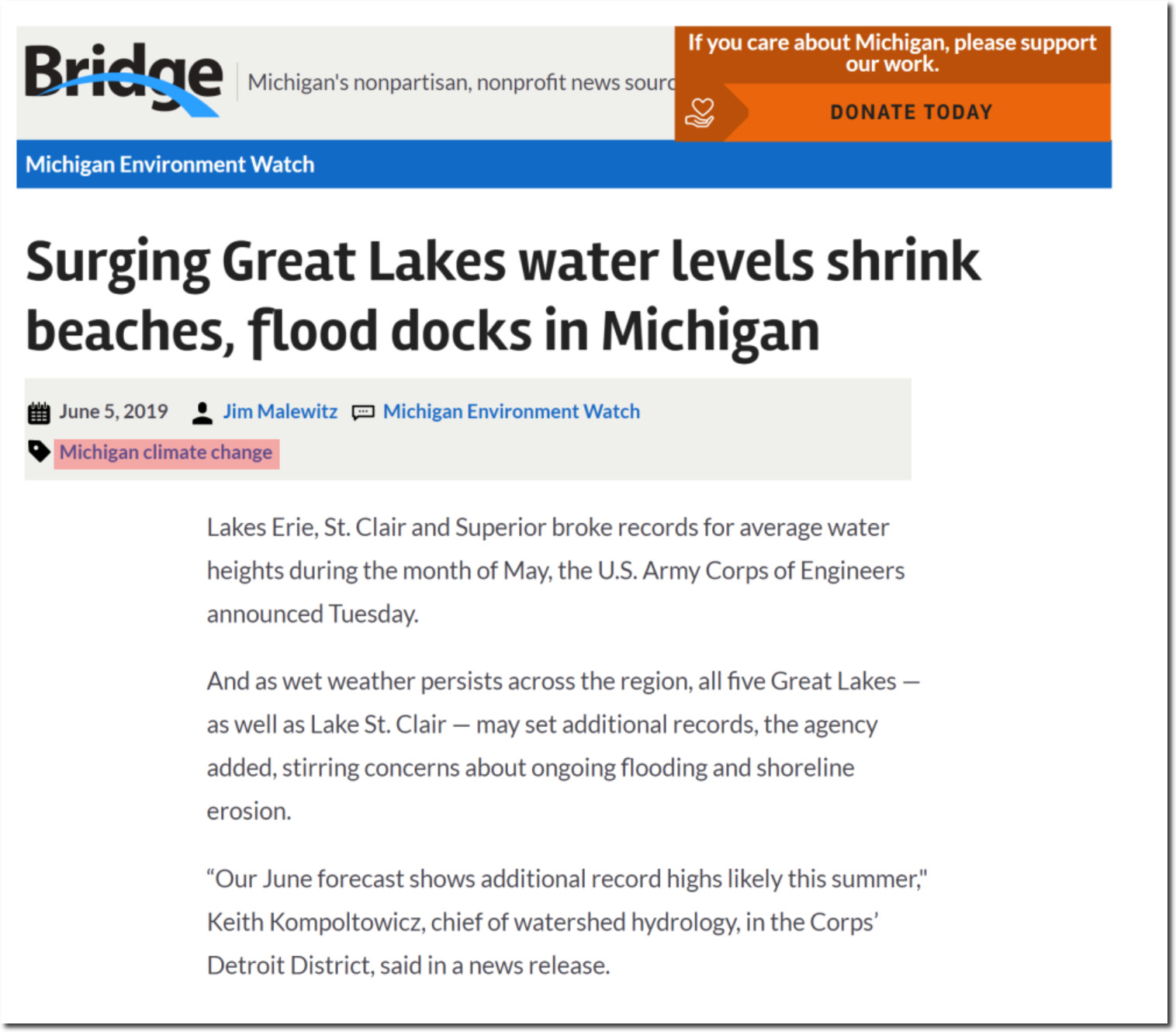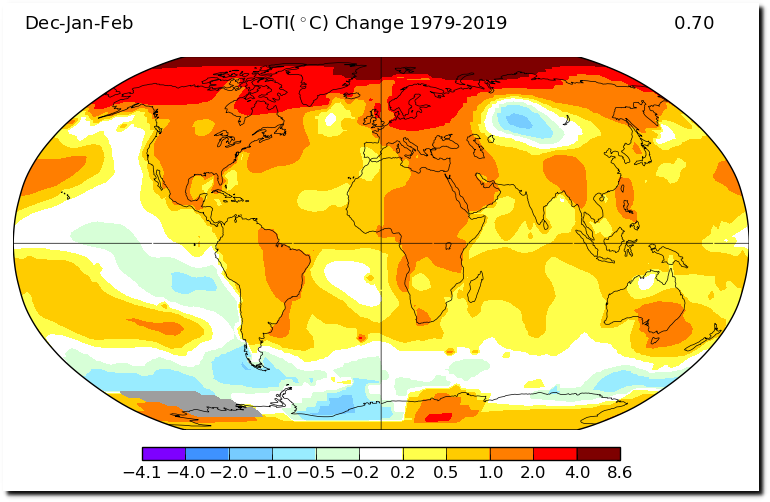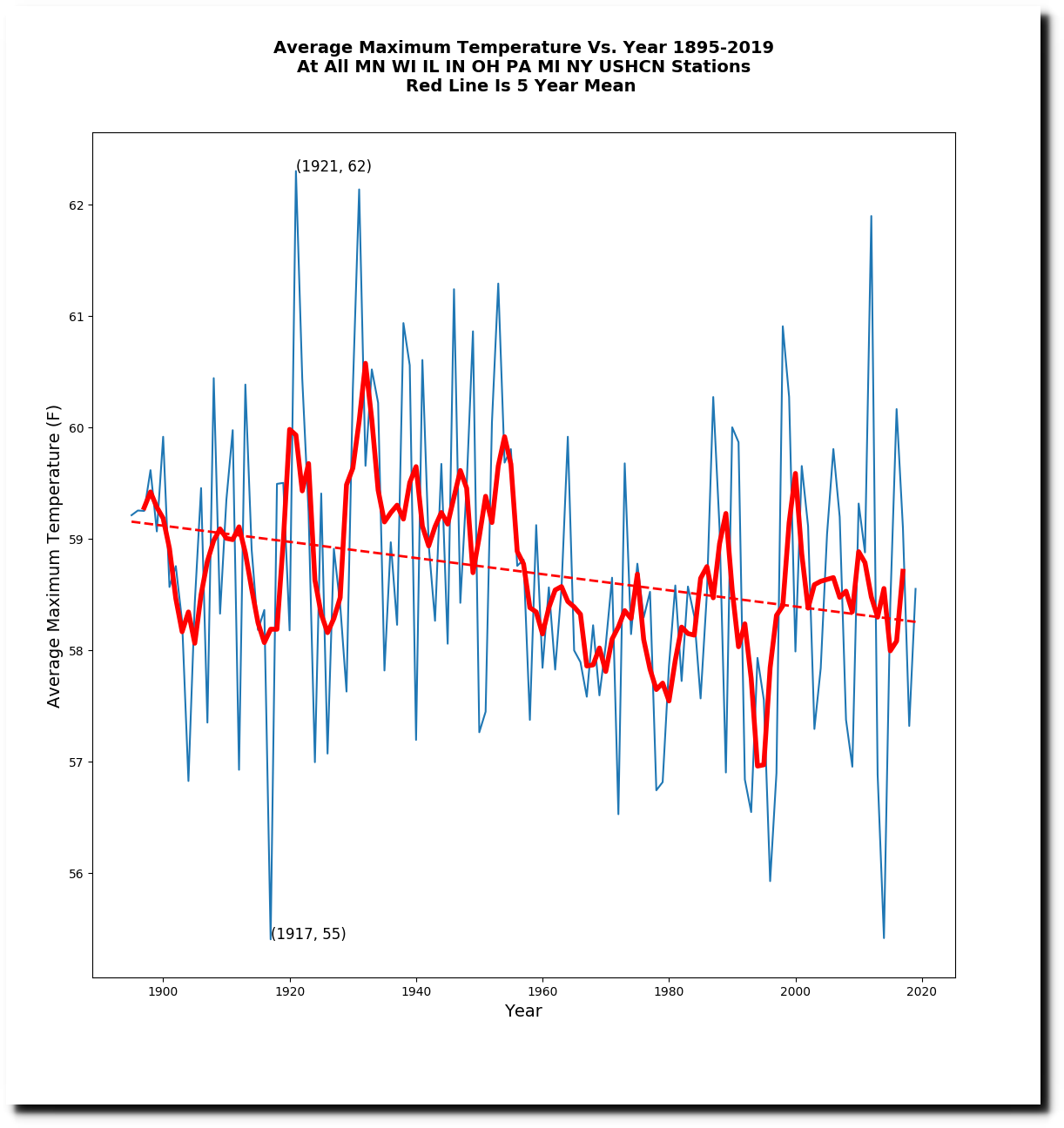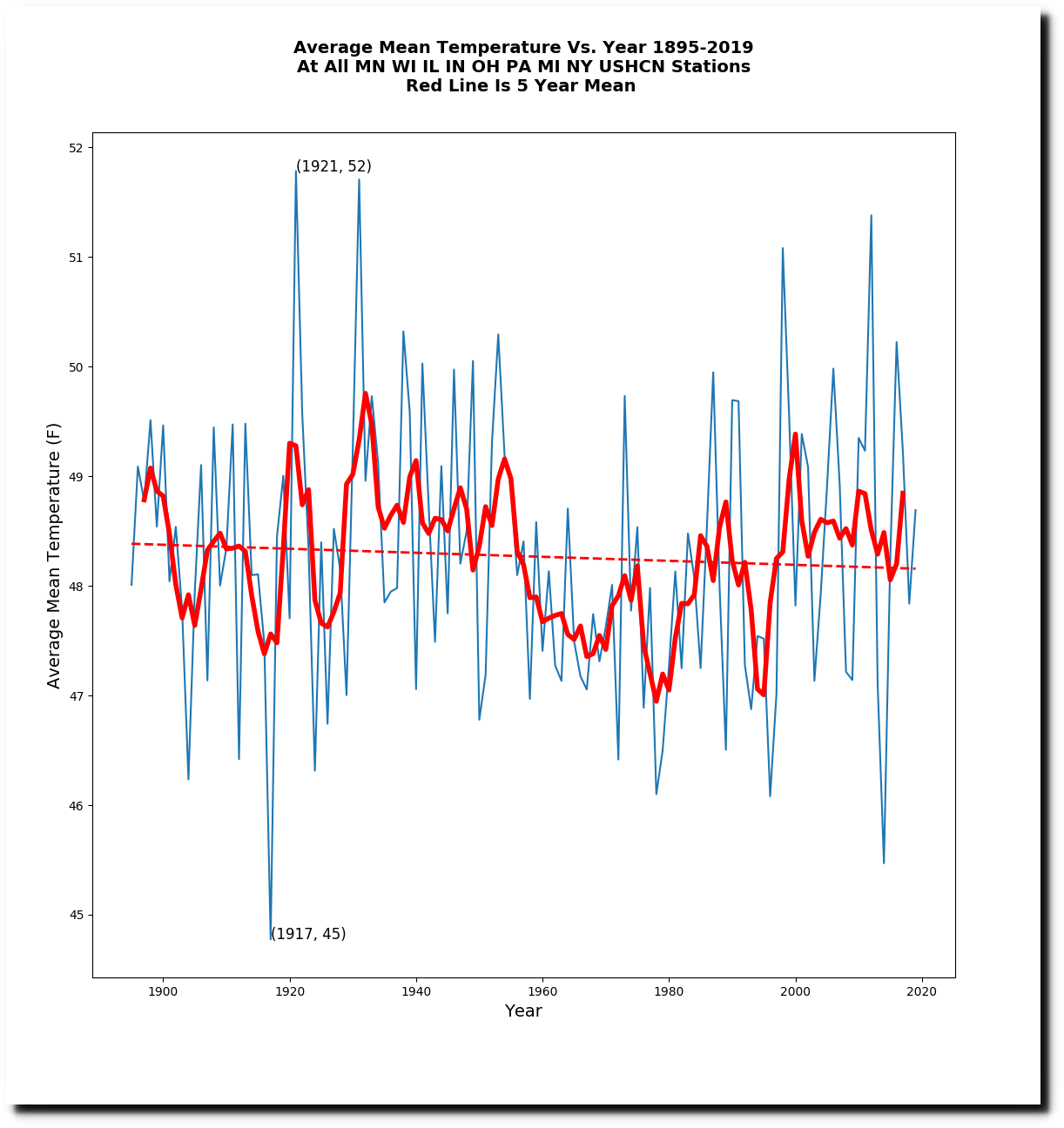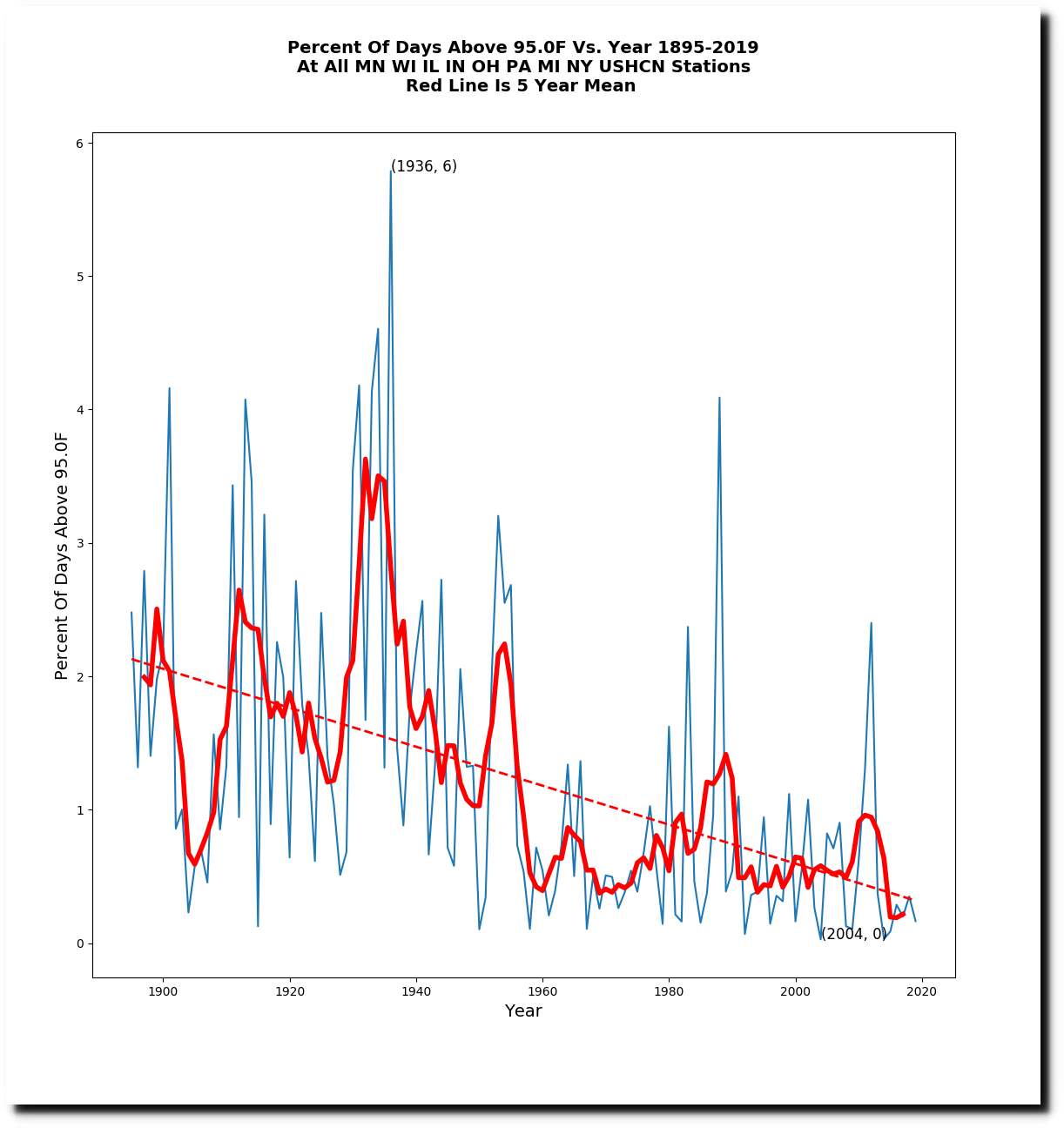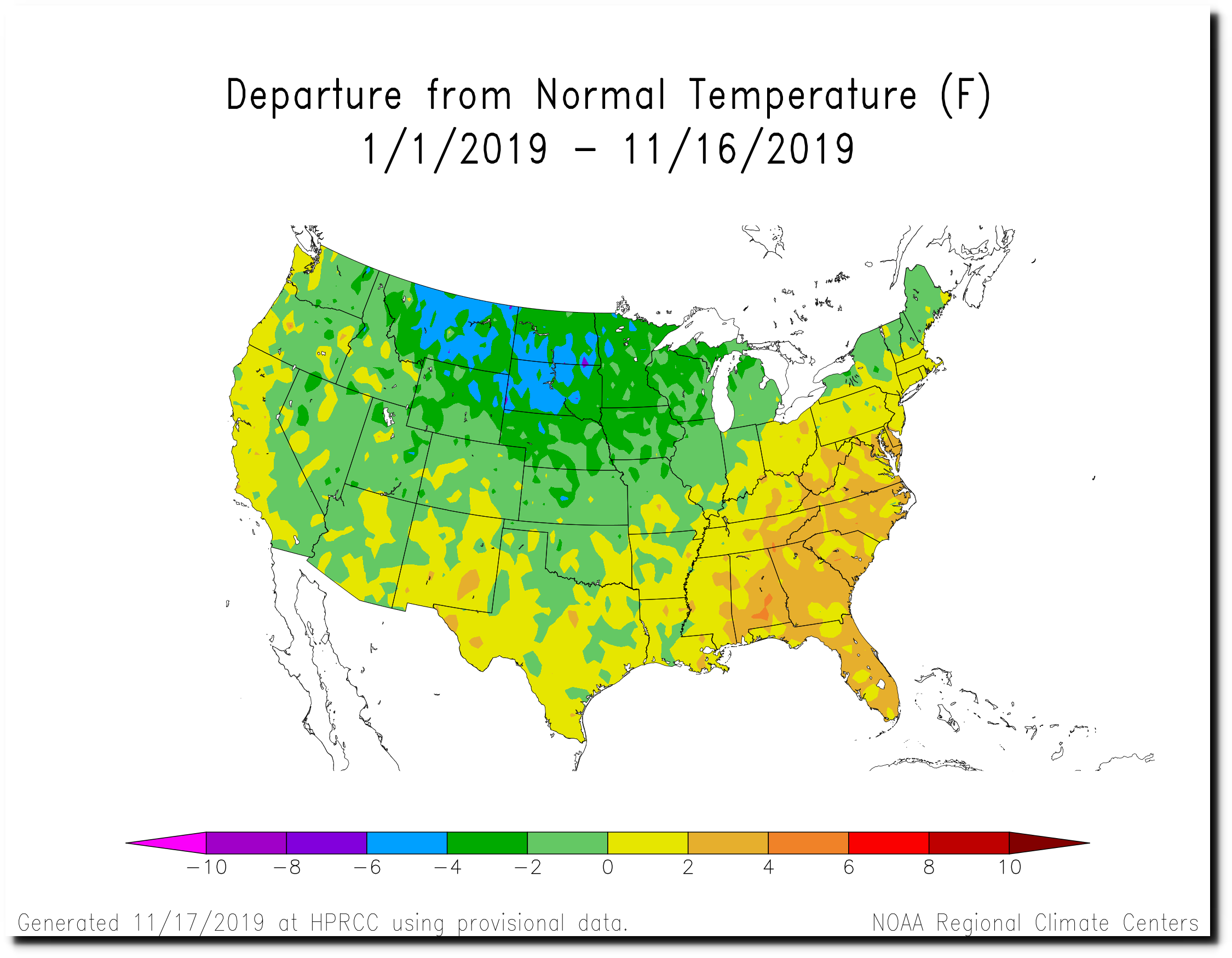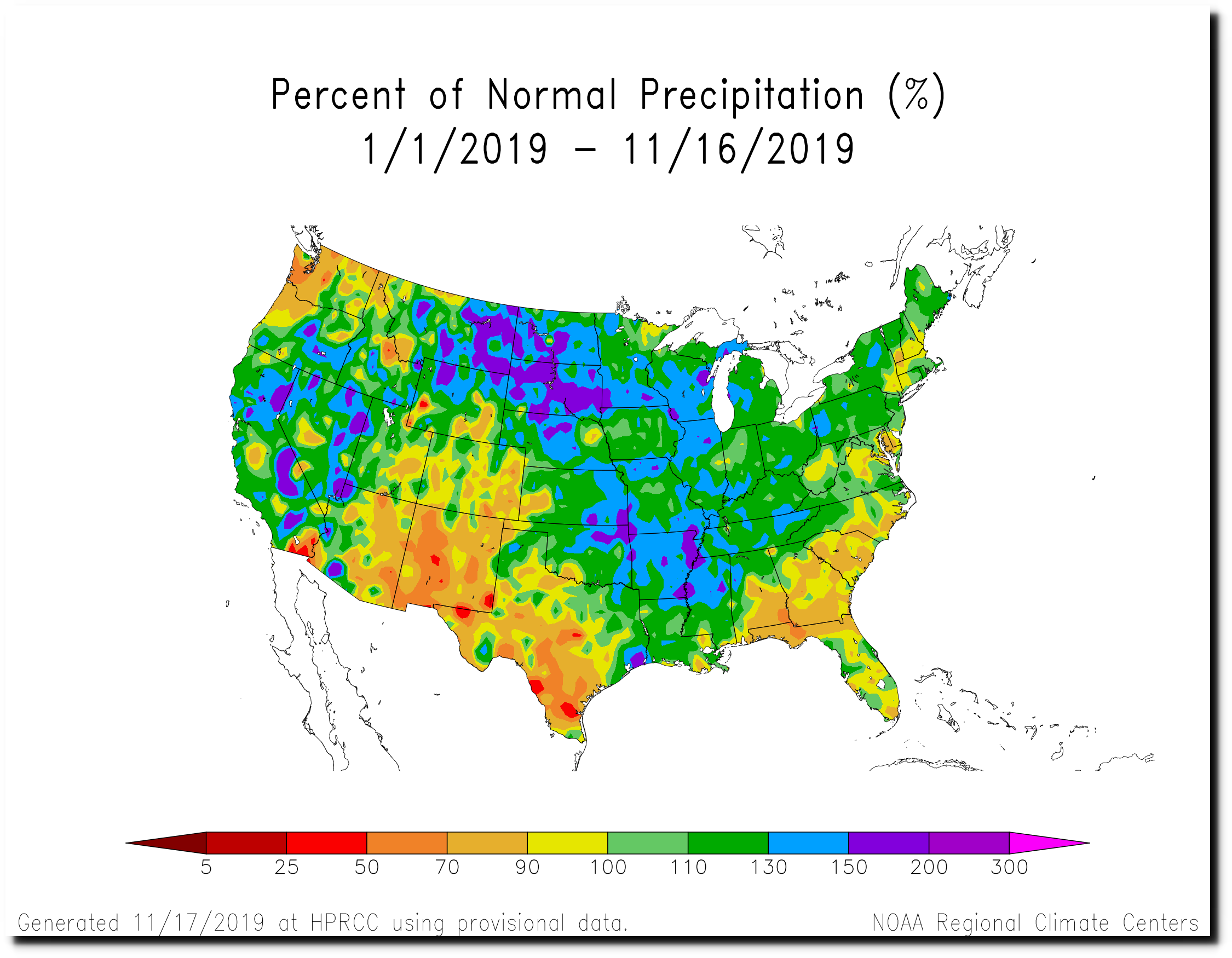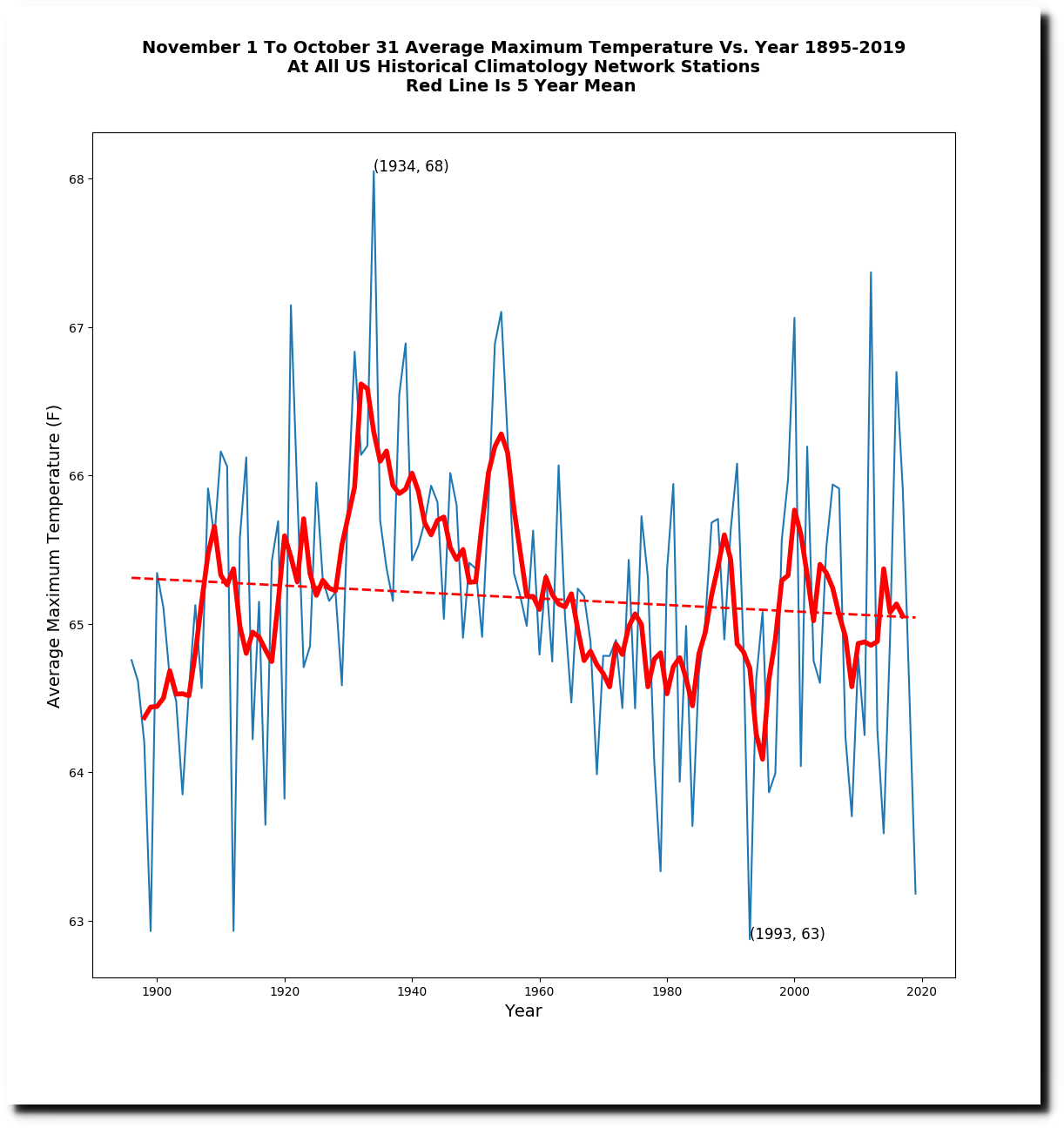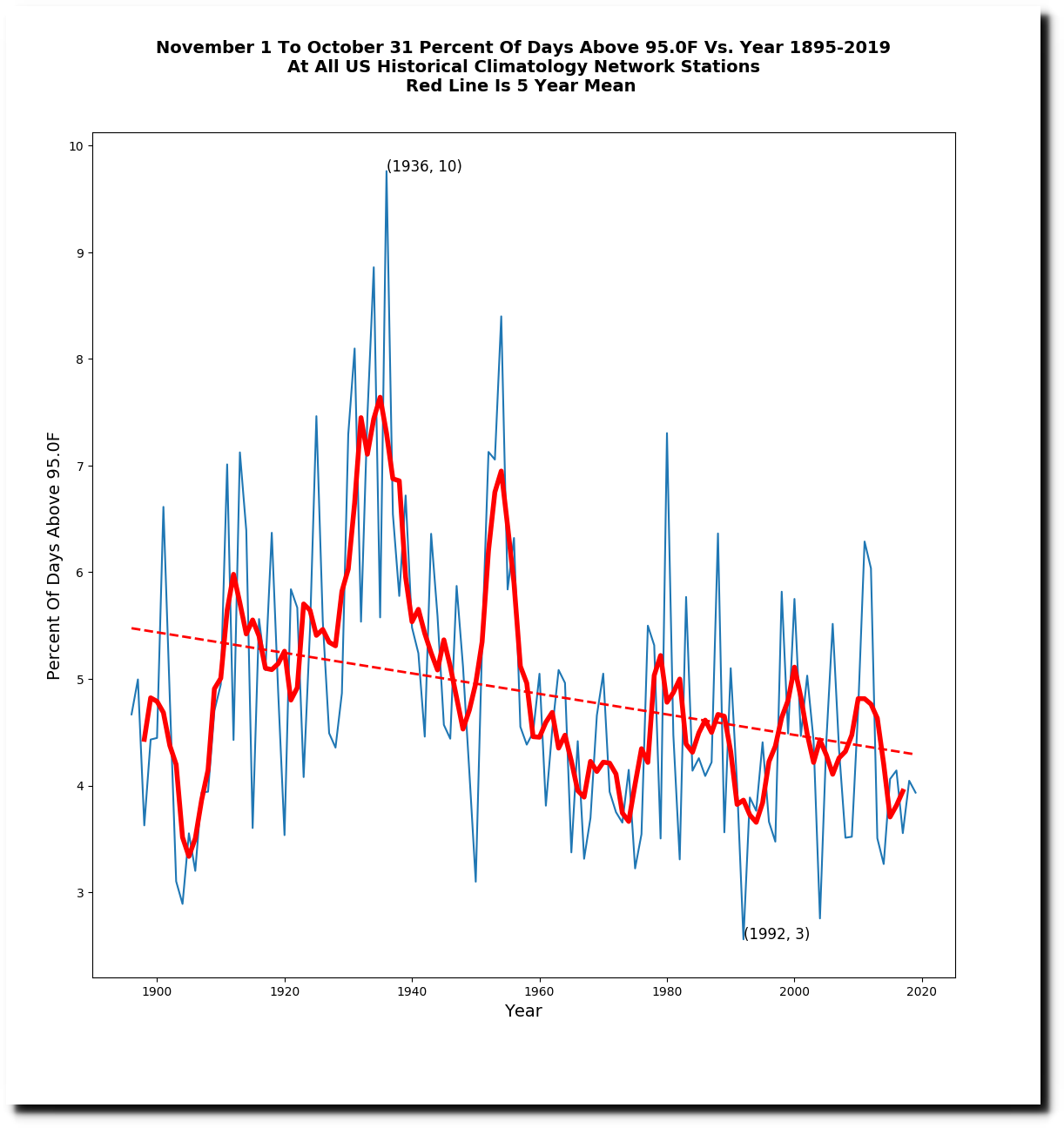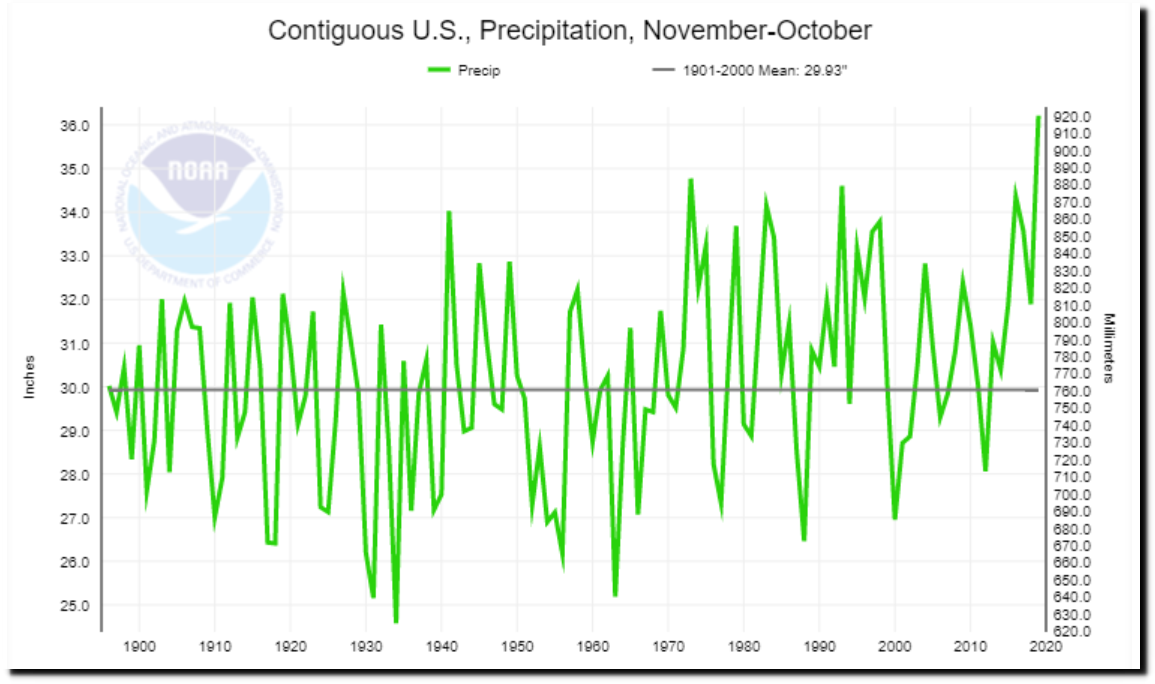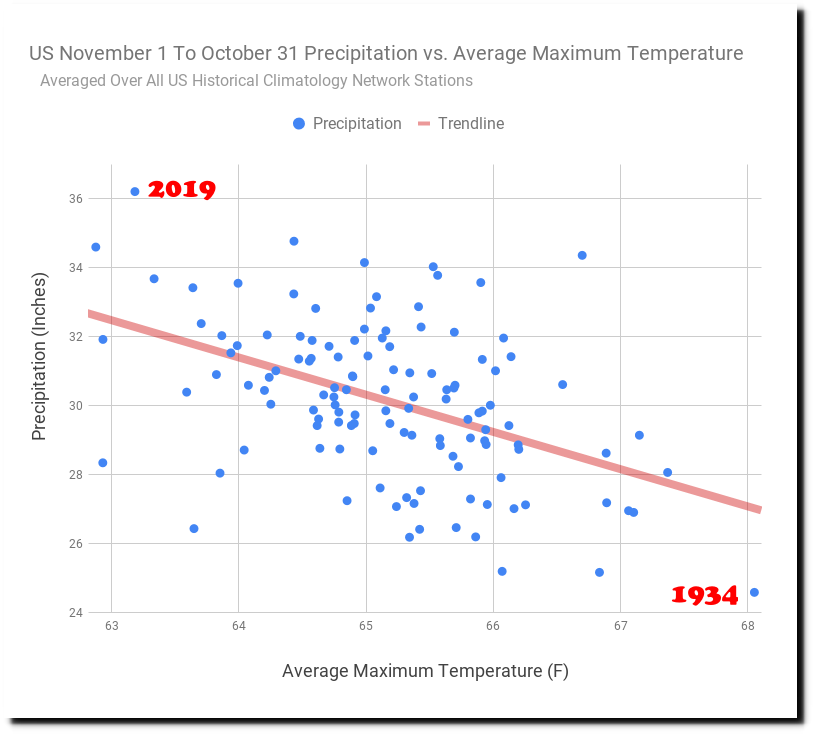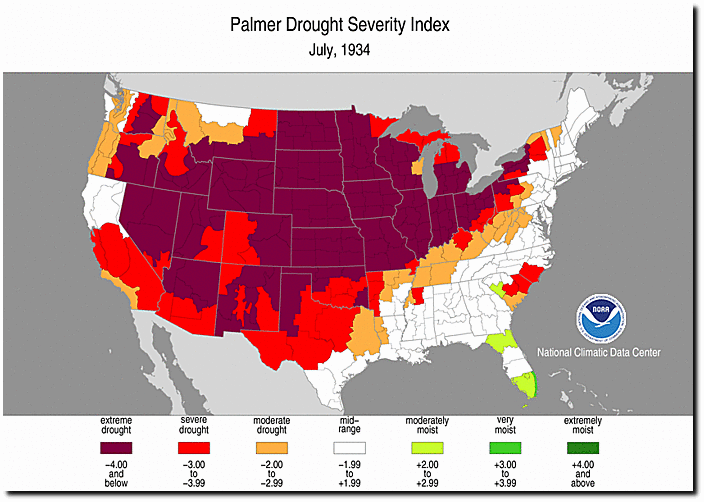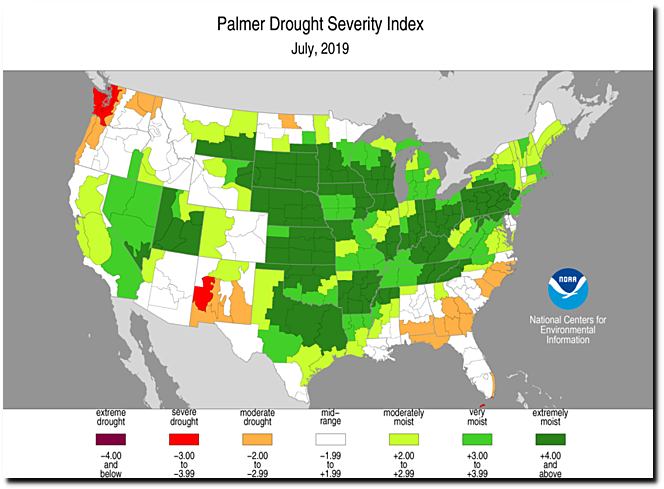According to the Chicago Tribune, climatologists say the Great Lakes region is wettest on record this year, getting wetter, has warmed 2.3 degrees since 1951, and it is due to global warming .
24 Jun 1988, 6 – The Dispatch at Newspapers.com
Now let’s compare that to reality. In 1988, when climatologists started the global warming scare before Congress, they predicted drought for the Midwest.
24 Jun 1988, 6 – The Dispatch at Newspapers.com
They also predicted water levels in the Great Lakes would fall by eight feet.
03 Oct 1989, Page 6 – Detroit Free Press at Newspapers.com
Instead, water levels are at a record high. No problem for climate alarmists though – they simply blame their incompetence on climate change.
Surging Great Lakes water levels shrink beaches, flood docks in Michigan | Bridge Magazine
The vast majority of the warming which NASA says has occurred over the past 40 years has been in the Arctic winter, where there is very little moisture in the atmosphere. Warming the Arctic from -30C to -25C has almost no effect on atmospheric moisture content.
Data.GISS: GISS Surface Temperature Analysis (v4): Global Maps
Weather is regional – blaming precipitation in the Great Lakes region on largely meaningless global statistics is not science. Over the past century, maximum temperatures in that region have declined sharply. The claimed 2.3 degrees warming in that region is incorrect, and an incredibly dishonest cherry-picked start date.
This year has been very wet and cool in the US.
Average maximum temperatures over the past 12 months have been fourth coolest on record.
The last 12 months have been the wettest on record, and 1934 was the driest on record.
Climate at a Glance | National Centers for Environmental Information (NCEI)
Cool years tend to be wet. Hot years tend to be dry.
Most precipitation is associated with cold air. Rain and snow falls when cold fronts arrive, because cooler air can’t hold as much moisture. The exact opposite of the logic being used by climatologists.

